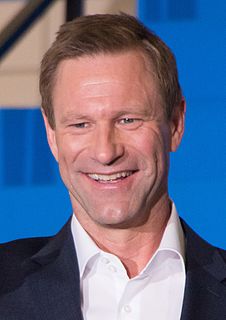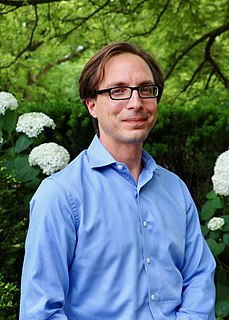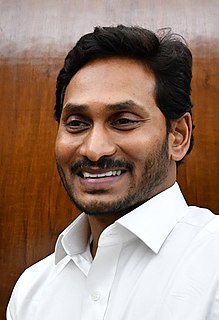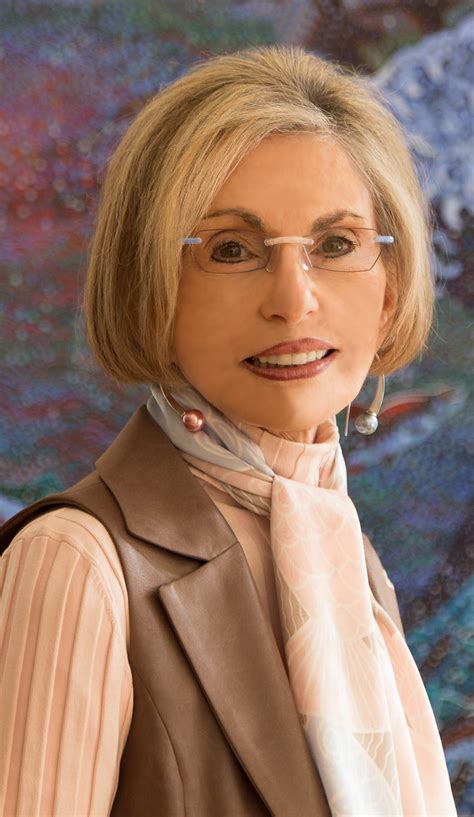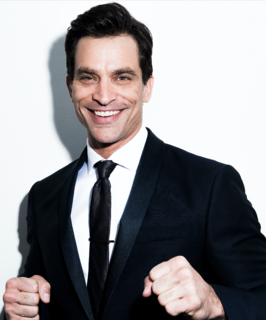A Quote by Jeffrey Sachs
The world got side-tracked from development issues during the post-9/11 crisis period.
Related Quotes
Something really big happened in the world's wiring in the last decade, but it was obscured by the financial crisis and post-9/11. We went from a connected world to a hyperconnected world. I'm always struck that Facebook, Twitter, 4G, iPhones, iPads, high-speech broadband, ubiquitous wireless and Web-enabled cellphones, the cloud, Big Data, cellphone apps and Skype did not exist or were in their infancy a decade ago.
Back from 2001 to 2003, I wrote multiple editorials for The Washington Post about biological warfare and pandemic preparedness - issues that were at the top of everyone's agenda in the wake of 9/11 and the brief anthrax scare. At the time, some very big investments were made into precisely those issues, especially into scientific research.
Ever since I was a child I've had a passion for colors and a sixth sense and known how to use it. I started in fashion, but I got side-tracked by psychology and its color connection. I went back to school and got both my degrees in psychology, but I kept studying design. Color has an application in all of those fields.







